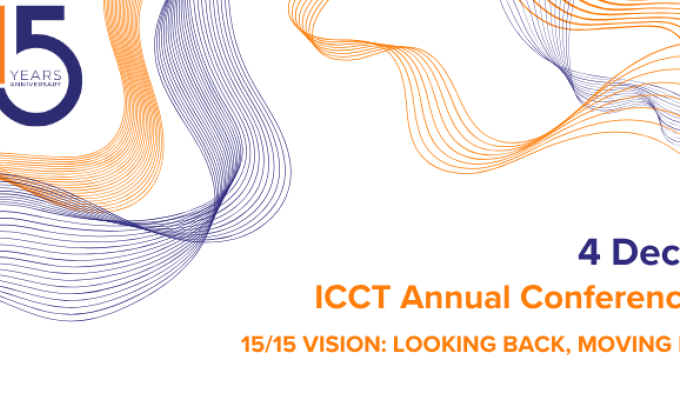Cet article est également disponible en français.
The Liptako-Gourma region – the tri-border zone between Burkina Faso, Mali, and Niger – is one of the most conflict-affected regions in the world. Already facing a number of challenges, including the absence of the state, lack of basic services, high levels of poverty, dwindling levels of natural resources, and communal tensions, the region now also faces unprecedented levels of violent extremism. Violent extremist organizations (VEOs) in the Sahel have been able to capitalize on the widespread feelings of deprivation, marginalization, social injustice, and lack of economic opportunities in the region to gain a foothold. In the process, they have come into direct contact with traditional local governance providers, such as tribal chiefs, and religious leaders, who have historically taken on key governance functions in communities within these remote areas. For both governments and VEOs, traditional and religious authorities play a central role in community life. Their unique role positions them either as strong allies to collaborate with to strengthen resilience, or as potentially harmful actors that weaken social cohesion.









